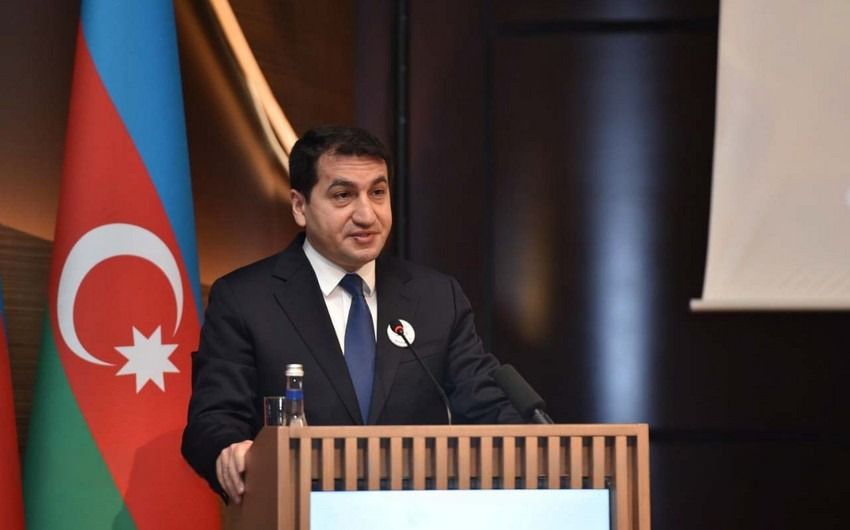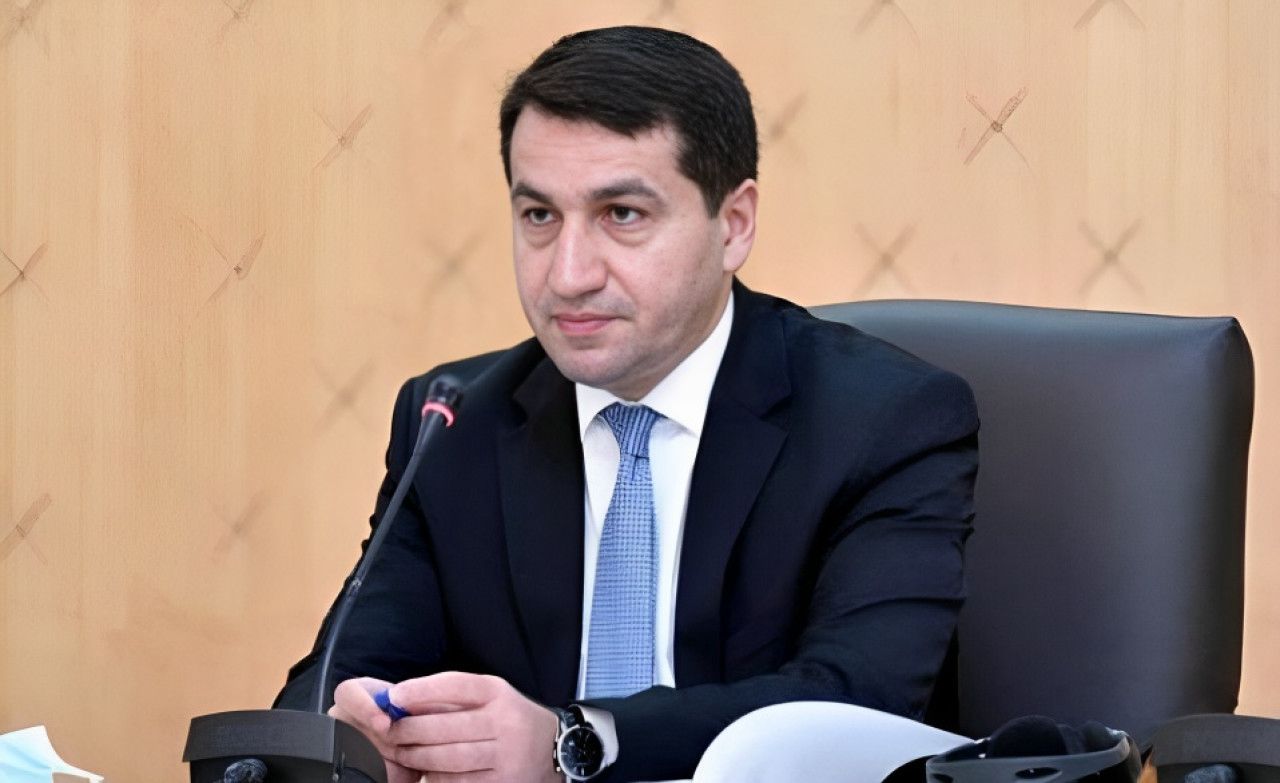Pakistan and Azerbaijan join Turkey’s 5th gen stealth fighter jet program.
Ednews discussed the significance of this program for all three countries and its future prospects with Dr. Mehmood Ul Hassan Khan, Executive Director of the Center for South Asia & International Studies (CSAIS) in Islamabad, a regional expert on Azerbaijan & South Caucasus. A political expert touched on many interesting points in this field.
Ednews presents the interview:
- Mr. Mehmood Ul Hassan Khan, what is the significance of the KAAN stealth aircraft's first-ever flight, and how does it represent a landmark development in the aerospace industry?
- The KAAN stealth aircraft stands as a symbol of trilateral strategic dialogue among Azerbaijan, Pakistan, and Turkey, strengthening military cooperation. Its inaugural flight is a groundbreaking achievement, representing a futuristic aircraft resulting from tripartite efforts. This collaboration is set to revolutionize the aerospace industry, while forging stronger strategic ties among the three nations.
- Can you elaborate on the key features and cutting-edge technology incorporated into the KAAN stealth aircraft, making it a futuristic and highly anticipated project?
- The KAAN aircraft's wingspan of around 21 meters and twin engines allow a maximum speed of Mach 1.8. It incorporates features like situational awareness, optimized pilot workload, low observability, and an internal weapon bay. The aircraft's cockpit includes modern AESA radar, making it capable of air combat as per modern tactical requirements.
- How did the collaboration between Turkey, Pakistan, and Azerbaijan come about, and what are the goals of this ambitious joint effort to revolutionize the aerospace sector?
- Unilateral sanctions from the USA and the West, technological protectionism, and budgetary concerns compel Azerbaijan, Pakistan, and Turkey to jointly work on a 5th generation fighter jet. Collaboration emerged from geopolitical and geostrategic threats, leading to self-reliance goals in aviation and aerospace. The inclusion of Pakistan and Azerbaijan in the project has opened opportunities for shared expertise and resources. This partnership strengthens Turkish-Azerbaijani and Turkish-Pakistani military ties, modernizing their air forces.
- What role does Artificial Intelligence play in powering the maiden flight of the KAAN stealth aircraft, and how does it contribute to advancing aviation technology?
- Artificial Intelligence has played a pivotal role in accelerating the completion and test flight of the KAAN aircraft. AI has revolutionized modern warfare and the aircraft's capabilities, enhancing its role in air force operations.
- How has Pakistan's and Azerbaijan's involvement in the KAAN project strengthened the strategic ties between the three nations, and what are the potential long-term benefits of this collaboration?
- Collaboration among Azerbaijan, Pakistan, and Turkey has led to joint efforts in various military aspects, such as fighter jets and drones. The KAAN program ensures self-reliance, modernization, and operational readiness in the defense sectors of the participating countries.
- Can you provide more details about the contract signed between Pakistan Aeronautical Complex (PAC) Kamra and Turkish Aerospace Industries? What specific airworthy equipment will be jointly developed, and how will this exchange of technological know-how benefit both nations?
- A contract between PAC Kamra and Turkish Aerospace solidifies collaboration on military drones and equipment. Turkey and Pakistan's joint efforts extend to various defense projects, showcasing a commitment to self-sufficiency.
- What are the future prospects for the KAAN stealth aircraft program, and how does it shape the outlook for the aviation industries in Turkey, Pakistan, and Azerbaijan?
- A holistic joint effort by Azerbaijan, Pakistan, and Turkey has reduced timelines and overcome technological challenges. KAAN program guarantees self-reliance, modernization, and channelization of expertise for defense.
- How has the involvement of multiple countries impacted the timeline and resources allocated to the KAAN program, and what challenges have been overcome during the collaborative development process?
- Prospects include trilateral cooperation in various defense sectors, contributing to self-reliance and modernization. KAAN aircraft represents a significant step forward, embodying the aspirations of the participating nations.
KAAN is a Turkic male name meaning "ruler" or "King of Kings" and it would act like a real king to over the world. It is not against any country rather it is based on a strong deterrence doctrine. Erdogan said it represented a "dream that the nation had been pursuing since the foundation of the Republic" 100 years earlier.
Ulviyya Shahin










